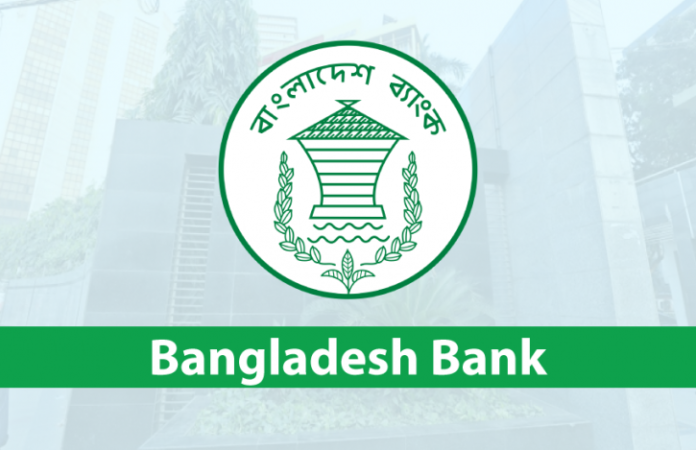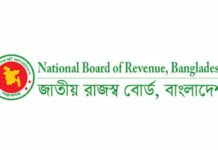As the COVID-19 situation has returned to normal in the country, huge demand has been created in the economy including an increase in imports. This has led to a crisis of dollars and cash in the banks. As a result, along with the rise in the value of the dollar, the interest rate on the interbank call money market has also gone up. On the other hand, low interest rates on deposits and rising interest rates on loans to the private sector have led to rising interest rates. This is increasing the cost of import and production. As a result, prices of various products are on the rise. Commodity prices are expected to rise further in the coming days. In the meantime, due to the increase in prices of various products, inflation has also risen.
After COVID-19 hit the country in March 2020, all kinds of economic activities, including trade and commerce, came to a near standstill during the 66-days long general holiday. Imports and exports also declined at an alarming rate due to the closure of factories at that time. The COVID-19 has returned to normal since May-June of this year. As a result, the demand for all kinds of products has increased domestically and internationally. Due to this, businessmen and industrialists have become interested in new investments as well as the existing ones. That is why imports of all kinds of products including fuel oil, industrial raw materials, intermediate goods, capital equipment are increasing.
According to Bangladesh Bank, in the first four months of the current fiscal year (July-October), goods worth 2 thousand and 338 crore dollars were imported. This figure is 51.33% higher than the same period of the fiscal year 2020-21. At the same time, LCs for importing products worth 2 thousand and 732 crore dollars have been opened. This figure is 52.26% more than the same period of the 2020-21 fiscal year. Banks say the dollar crisis has been exacerbated by a sharp rise in imports amid falling remittances. This is resulting in the dollar price rising. On the other hand, Bangladesh Bank has continued to sell dollars to banks to control prices. As a result, the cash of the banks is going to the central bank.
In the last three and a half months, the interbank dollar price has risen by almost 1 taka. According to the information received, from last August to November, Bangladesh Bank has sold about 203 crore and 20 lac dollars. The amount in Bangladeshi taka is about 17.5 thousand crore taka.
According to the data of Bangladesh Bank, after a long time on 18 November, the average interest rate on interbank call money has risen to 4.5% percent. The last time the interest rate on call money went above 3% was on 6 September last year. Meanwhile, the last 30-day Bangladesh Bank bill was traded at 2.65% interest on 18 November, which was 1.25% in June. Even though the 14-day Bangladesh Bank bill was traded at 0.75%, its interest rate rose to 2.46% in the last auction on 10 November. The interest rates on treasury bills and bonds for government bank borrowing have also gone up due to the shortage of interbank cash. At the last auction on 6 December, the interest rate on the 364-day treasury bill rose to 3.49%. Due to COVID-19, the average interest rate on loans of many banks in the private sector had come down to 6-8%, but now it has risen to 8-9%.




